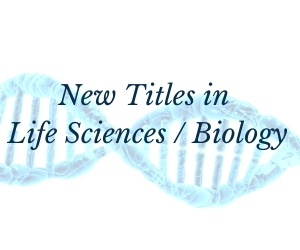System Upgrade on Tue, May 28th, 2024 at 2am (EDT)
Existing users will be able to log into the site and access content. However, E-commerce and registration of new users may not be available for up to 12 hours.For online purchase, please visit us again. Contact us at customercare@wspc.com for any enquiries.
A Second Genesis enquires why nature is intelligible. The fast growth of technology and deeper understanding of the humanities have provided significant clues. Answering the question why nature can be understood requires an introduction to the new science of astrobiology and the exploration of the Solar System. A careful discussion of a “second Genesis” is presented, namely our present awareness that life may have emerged on other worlds. Writing this volume has been motivated by the need to encourage a constructive dialogue between science and faith. Such an objective for a new book is timely, since science is inserted with well-defined frontiers in the context of human culture. Similarly, the frontiers of faith do not require religion to justify itself in scientific terms, avoiding current unnecessary controversies.
This book intends to engage readers interested in the position of humans in nature. It makes a serious effort to avoid demanding detailed knowledge of science, philosophy, or theology, but will require some careful reading and meditation.
Sample Chapter(s)
Chapter 1: Introduction (55 KB)
Contents:
- An Integrated Study of Western Civilization
- From a First to a Second Genesis
- Implications of a Second Genesis
- The Destiny of the Universe
- The Destiny of Life in the Universe
- Towards the Intelligibility of Nature
- Towards the Intelligibility of Life
- Is Life Ubiquitous in the Universe? Testing the Universality of Biology
- The Emergence of Intelligence in the Universe
- Intelligibility in the Dialogue between Science and Religion
- The Ultimate Frontier of Science and the Humanities
- Can Nature be Intelligible?
Readership: General readers interested in the position of humans in nature; scientists; philosophers; theologians.

























